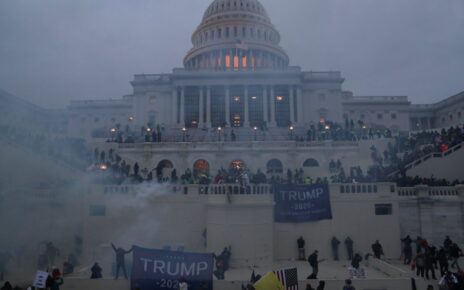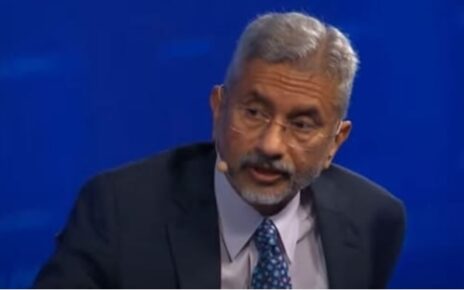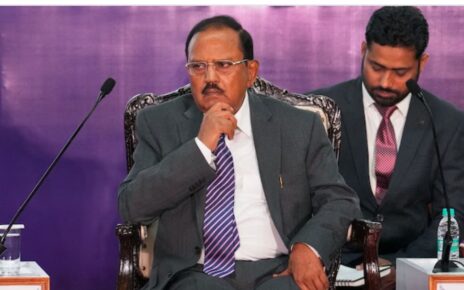New Delhi
The BJP-led NDA’s courtroom victory in the Bihar President’s rule case in 2006 may come back to haunt it in Karnataka as a constitution bench of the Supreme Court had ruled that the governor has no option but to invite any party or alliance, either prepoll or post-poll, to form the government once he was satisfied that it commanded majority support in the assembly.
The SC had castigated governor Buta Singh for recommending dissolution of the Bihar assembly because he feared that the pre-poll alliance of JD(U) and BJP under the banner of NDA, which had secured 92 seats in the 243-member House, was attempting to break RJD (75 MLAs) and LJP (29 MLAs) to cobble together a majority. Singh’s decision was challenged in the SC by Rameshwar Prasad.
The foundation for limiting the governor’s discretionary power was laid down by a seven-judge constitution bench of the SC in the landmark S R Bommai case in March 1994. It was fine-tuned by the SC in the Rameshwar Prasad case in January 2006, when a five-judge bench by three to two majority had said, “There is nothing wrong in post-poll adjustments and when ideological similarity weighs with any political party to support another political party though there was no pre-poll alliance, there is nothing wrong in it.
“If a political party, with the support of other political party or other MLAs, stakes claim to form a government and satisfies the governor about its majority to form a stable government, the governor cannot refuse formation of government and override the majority claim because of his subjective assessment that the majority was cobbled by illegal and unethical means. No such power has been vested with the governor. Such a power would be against the democratic principles of majority rule. Governor is not an autocratic political ombudsman. If such a power is vested in the governor and/or the President, the consequences can be horrendous.
“Trashing arguments that it was better to hold general elections afresh than allow horsetrading of MLAs for cobbling a majority, then CJI Y K Sabharwal, authoring the majority verdict, had said, “Acceptance of such a proposition as a relevant consideration to invoke exceptional power under Article 356 may open a floodgate of dissolutions and has far-reaching, alarming and dangerous consequences. It may also be a handle to reject post-election alignments and realignments on the ground of same being unethical, plunging the country or the state to another election.”




